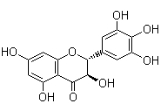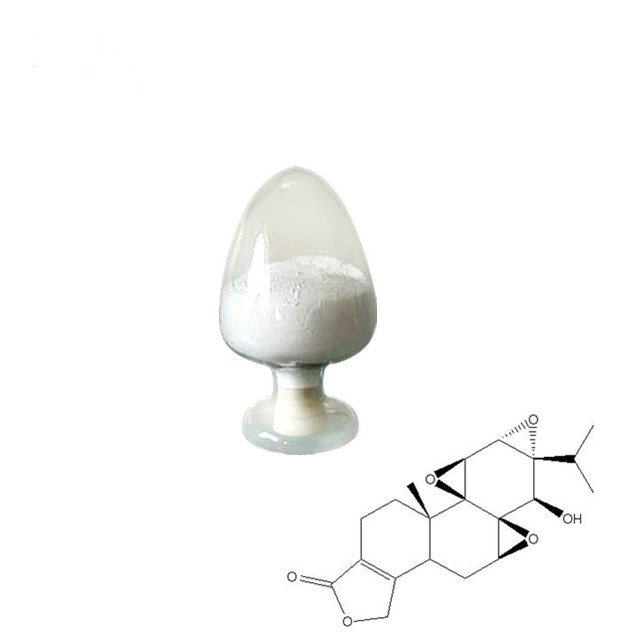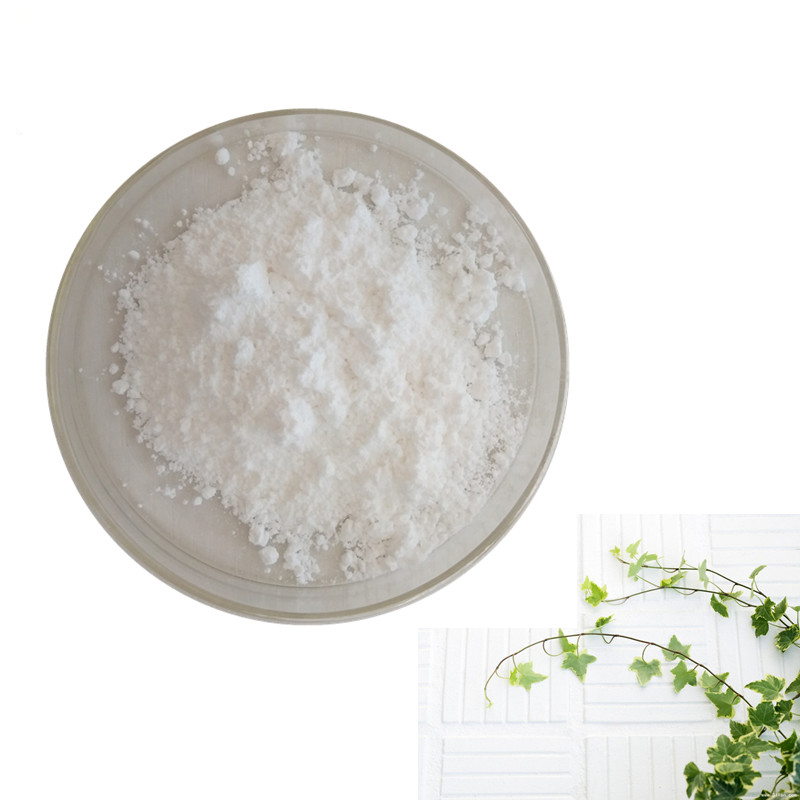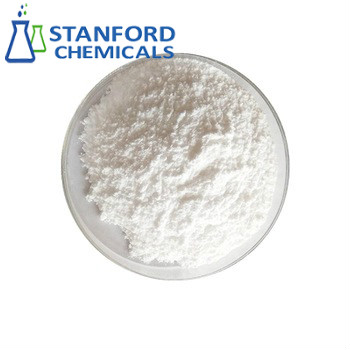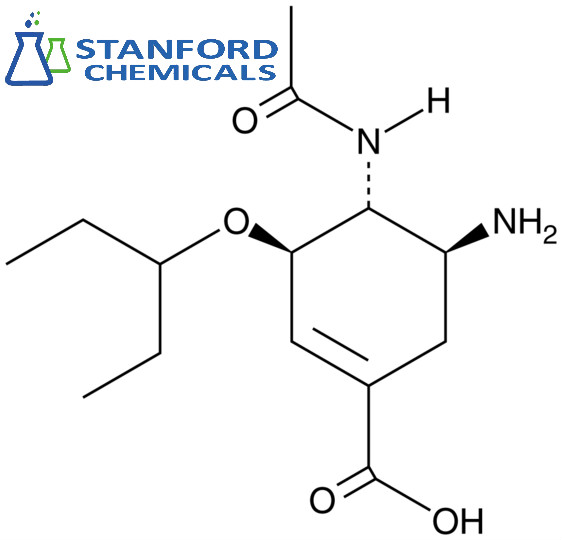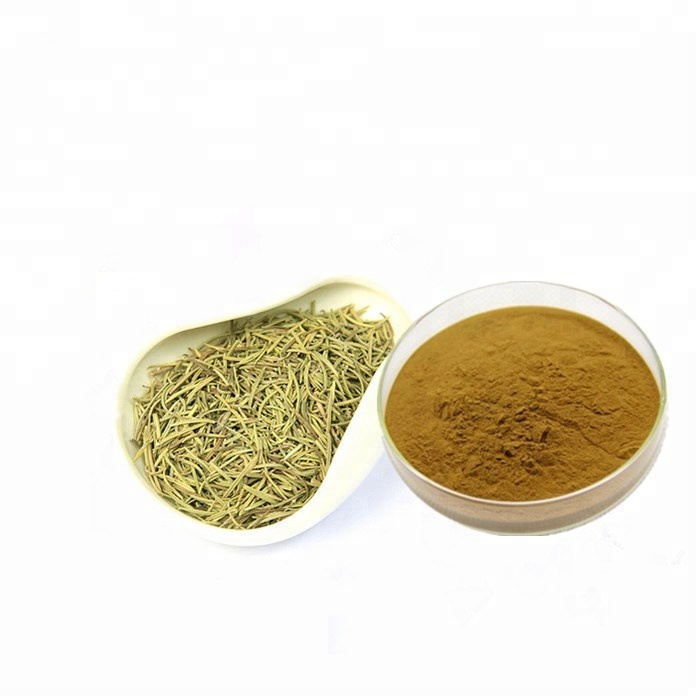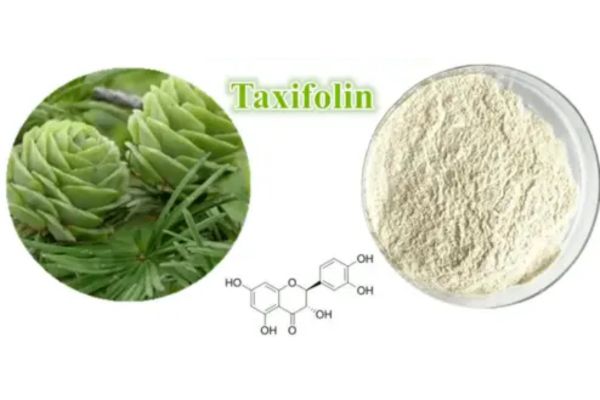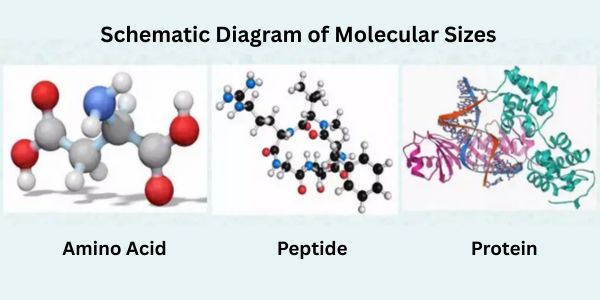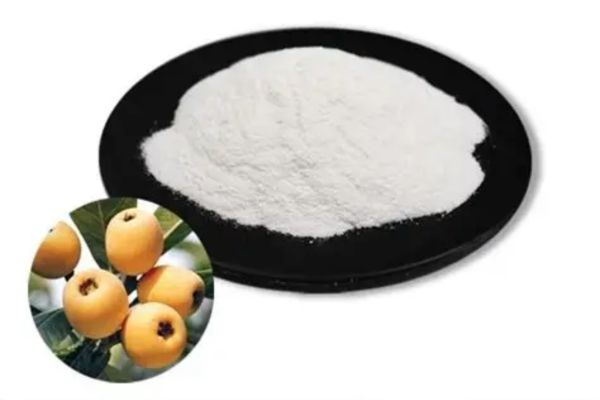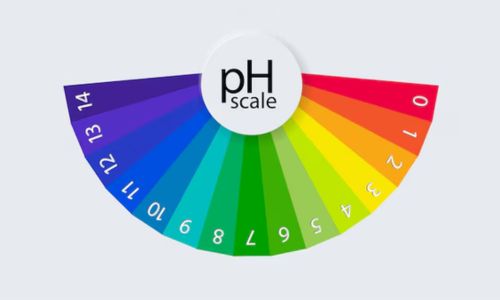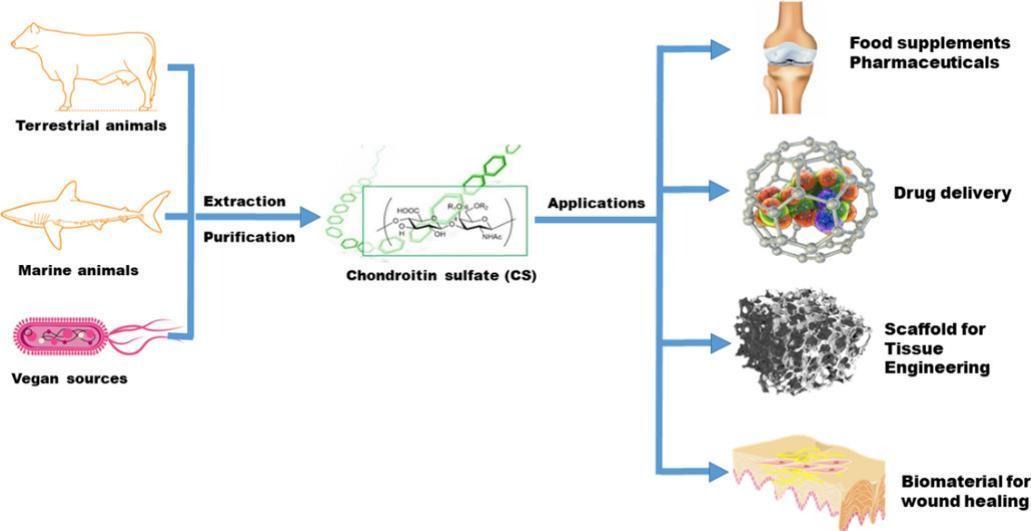Before taking glucosamine and chondroitin, you should know about chondroitin sulfate.
What is Chondroitin Sulfate?
Chondroitin sulfate, also called chondroitin sulfate, is a useful nutritional adjunct for individuals who wish to support the structure and function of the body’s connective tissues, such as skin, tendons, ligaments, bone, and cartilage.
Where does Chondroitin Sulfate come from?
Chondroitin is a component of human connective tissues found in cartilage and bone. In supplements, chondroitin sulfate usually comes from animal cartilage.
What are the applications of Chondroitin Sulfate?
Chondroitin sulfate is widely used for osteoarthritis. It is often used in combination with other ingredients, including manganese ascorbate, glucosamine sulfate, glucosamine hydrochloride, or N-acetyl glucosamine. Read more: What Is Chondroitin Sulfate Used For? Chondroitin sulfate is available as an eye drop for dry eyes. In addition, it is used during cataract surgery, and as a solution for preserving corneas used for transplants. It is approved by the FDA for these uses. 
Chondroitin sulfate is also taken by mouth for HIV/AIDS, heart disease, heart attack, weak bones (osteoporosis), joint pain caused by drugs used to treat breast cancer, acid reflux, high cholesterol, muscle soreness after exercise, a bladder condition called interstitial cystitis, and itchy and scaly skin. Chondroitin sulfate is also used in a complex with iron for treating iron-deficiency anemia. Some people with osteoarthritis use ointments or skin creams for pain that contain chondroitin sulfate, in combination with glucosamine sulfate, shark cartilage, and camphor. Some people also inject chondroitin sulfate into the muscles for osteoarthritis. Some people insert chondroitin sulfate into the bladder for urinary tract infections (UTIs), bladder conditions, or loss of control of the bladder. 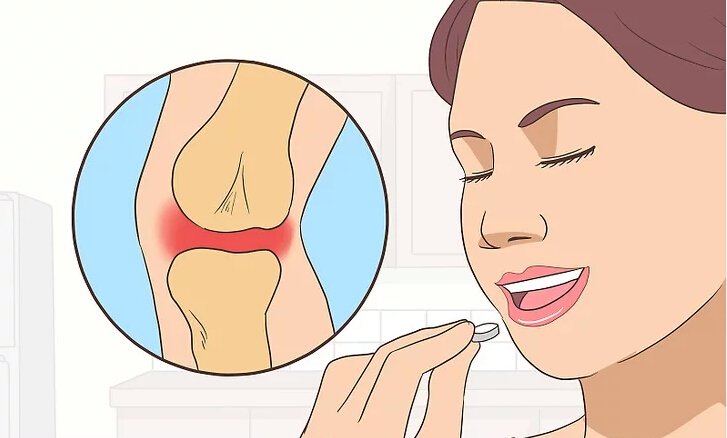
What Are the Benefits of Chondroitin Sulfate?
Chondroitin sulfate is a glycosaminoglycan formed naturally by the body for the synthesis and maintenance of connective tissue. Chondroitin sulfate is supportive and protective of connective tissues in numerous ways. It is an excellent source of n-acetylgalactoaminoglycan for the synthesis and protection of proteoglycans associated with cartilage tissues.
Chondroitin sulfate tablets also protect existing cartilage by reducing water loss from the proteoglycan-formed gel and by inhibiting the enzymatic breakdown of cartilage. It is not yet clear to what degree chondroitin sulfate is absorbed. Of concern is the size of the chondroitin sulfate molecule — in particular, if it is too large to cross the intestinal lining. However, studies finding elevated plasma values of chondroitin sulfate tablets following oral administration, in addition to studies demonstrating the benefits of orally administered chondroitin sulfate, support the bioavailability of this supplement.
How does Chondroitin sulfate work for osteoarthritis?
In osteoarthritis, the cartilage in the joints breaks down. Taking chondroitin sulfate, one of the building blocks of cartilage might slow this breakdown. It can be used to reduce pain and inflammation, improve joint function, and slow the progression of osteoarthritis (OA).


